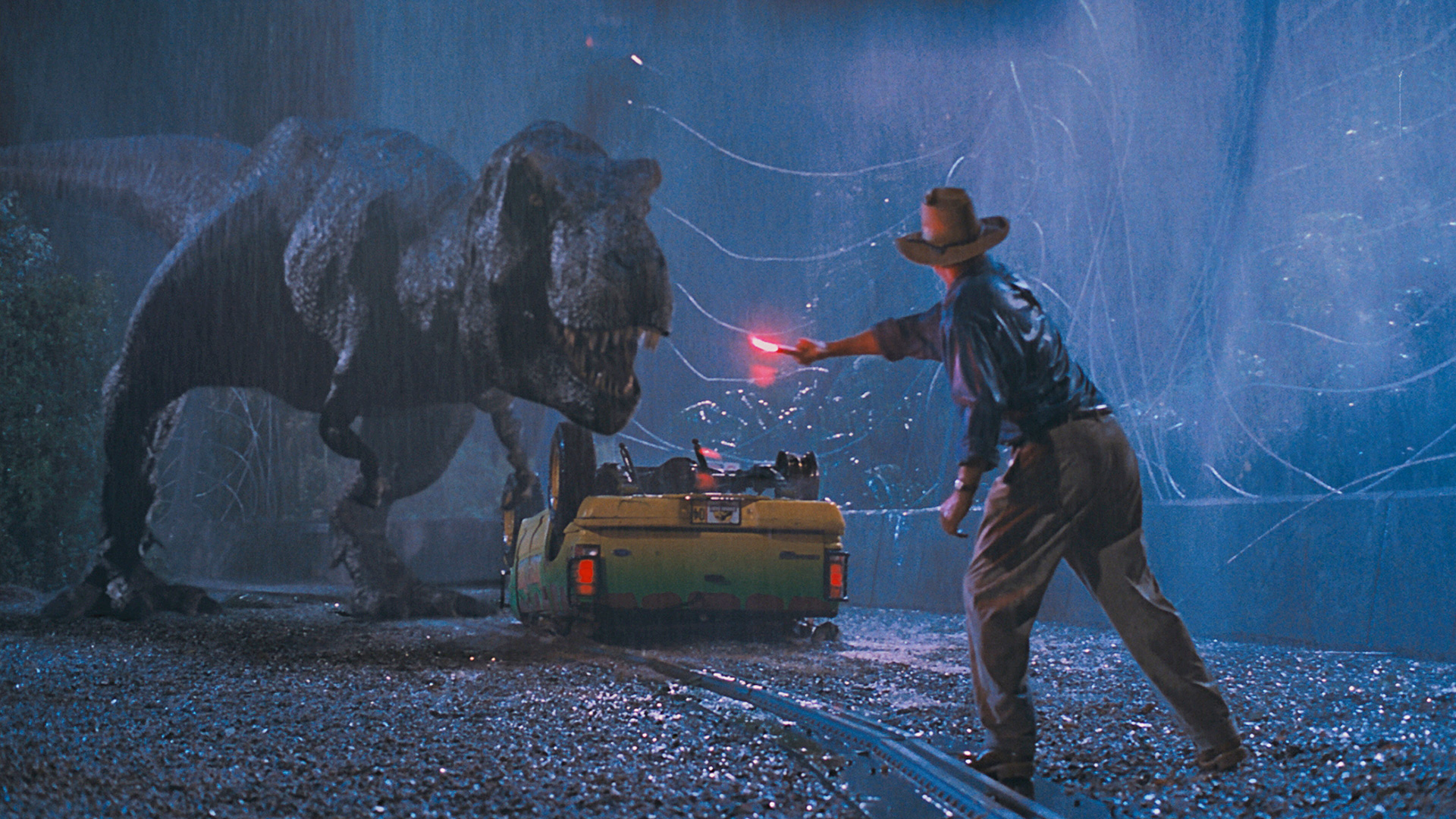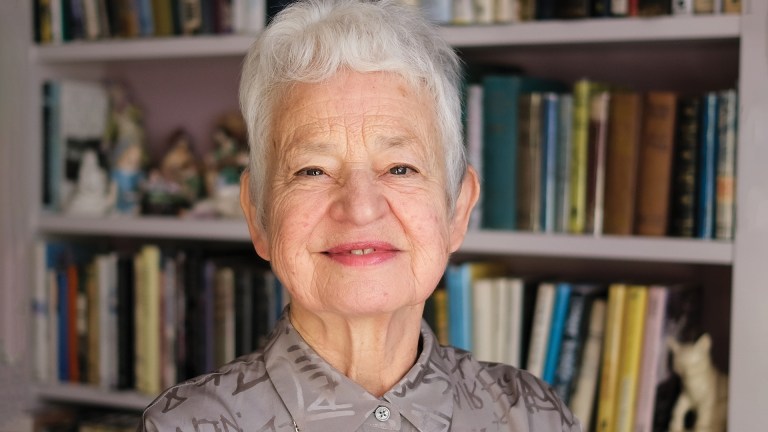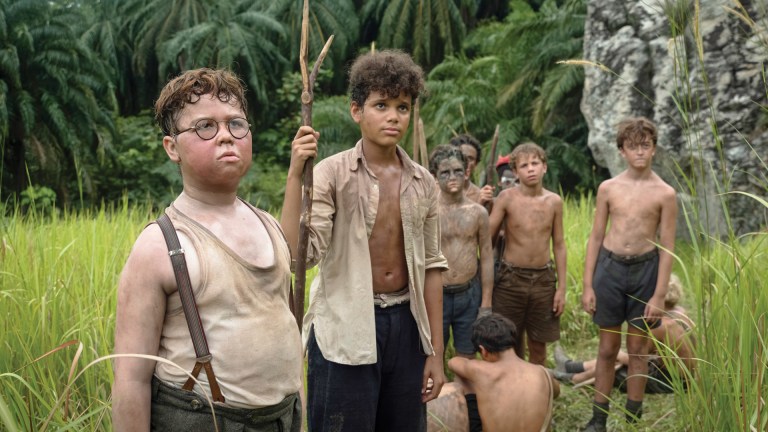Dinosaurs are resurrected, on cinema screens at least with the release of Jurassic World, sixty-five million years after they were literally inventing the phrase, ‘gone the way of the dinosaurs’. The mass extinction event at the end of the Cretaceous period wiped out up to 81 per cent of all species on Earth.
Today, the World Wide Fund for Nature estimates that between 200 and 2,000 species become extinct every year as our planet’s resources are used up – but there is a solution to this unfolding environmental catastrophe. Instead of losing thousands of species, we could save them all with the deliberate and orchestrated extermination of one particular species… us.
Sacrificing the human race for the benefit of all other life is a view promoted by a growing number of people, including 67-year-old substitute teacher Les U Knight, from Portland, Oregon, who is de facto leader of the Voluntary Human Extinction Movement. VHEMT, pronounced ‘vehement’, like their beliefs, advocate an extreme form of birth control to fix the ever-growing problem of overpopulation. But Knight does not want you to die, he just (like George Bailey halfway through It’s a Wonderful Life) wishes you had never been born at all.
“We are encouraging people to think before they breed,” he says. “Once you get a more logical approach to the idea of procreation, you realise it’s not in your best interests or in the best interests of society or the world.
“My main motivation for wanting our species to go extinct is preservation of Earth’s biosphere. Diversity is a strength of the biosphere and the fewer species there are the weaker it becomes. We’re pulling strands from the web of life and at the same time putting more pressure on it due to our increased population and consumption.
“People are not doing too well,” Knight continues. “Two billion people don’t have potable water, almost a billion are experiencing food insecurity – we used to call it hunger – it’s not a pretty world for half the people on the planet and it won’t be easy to improve their lot as long as all the progress is gobbled up by our increase in numbers.”









